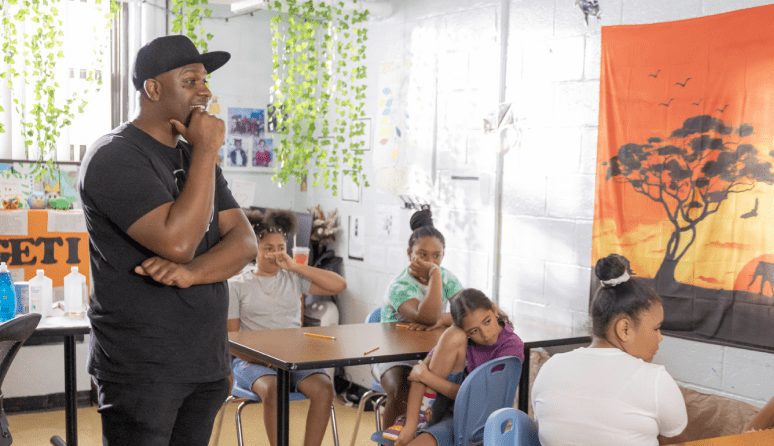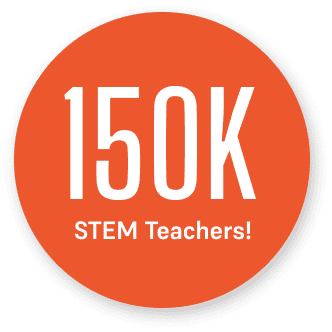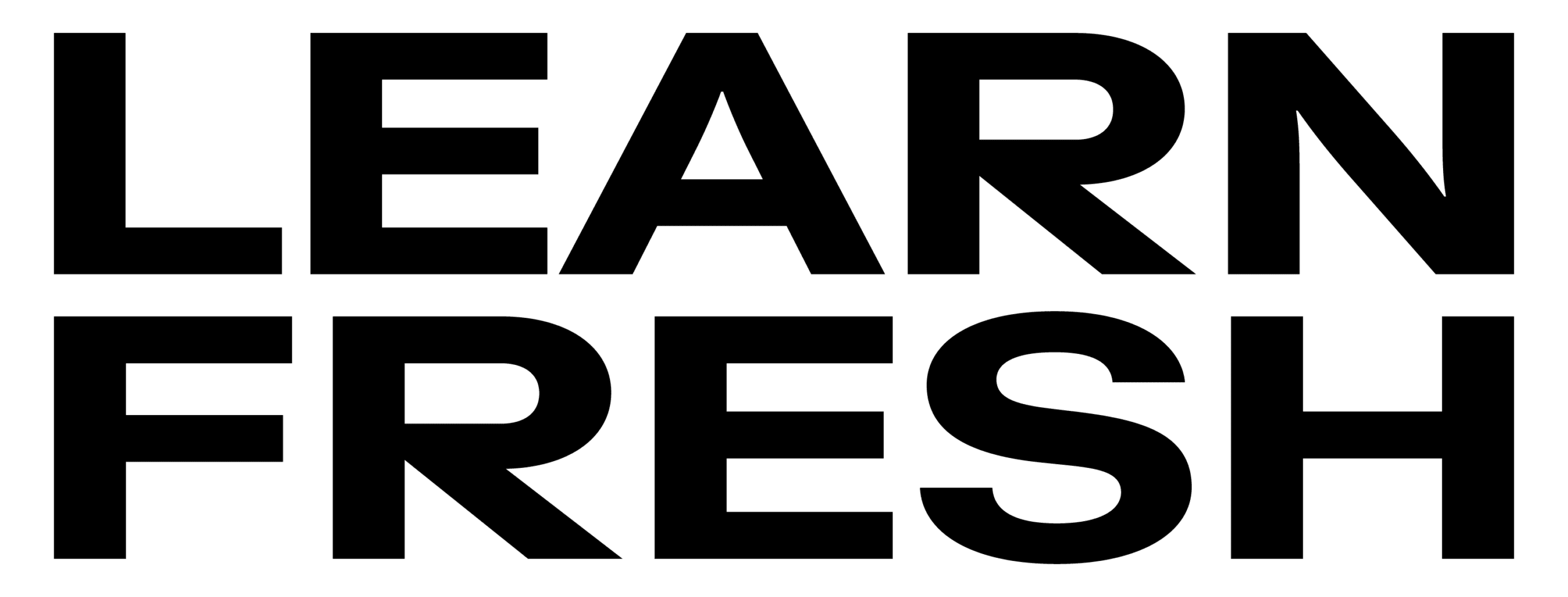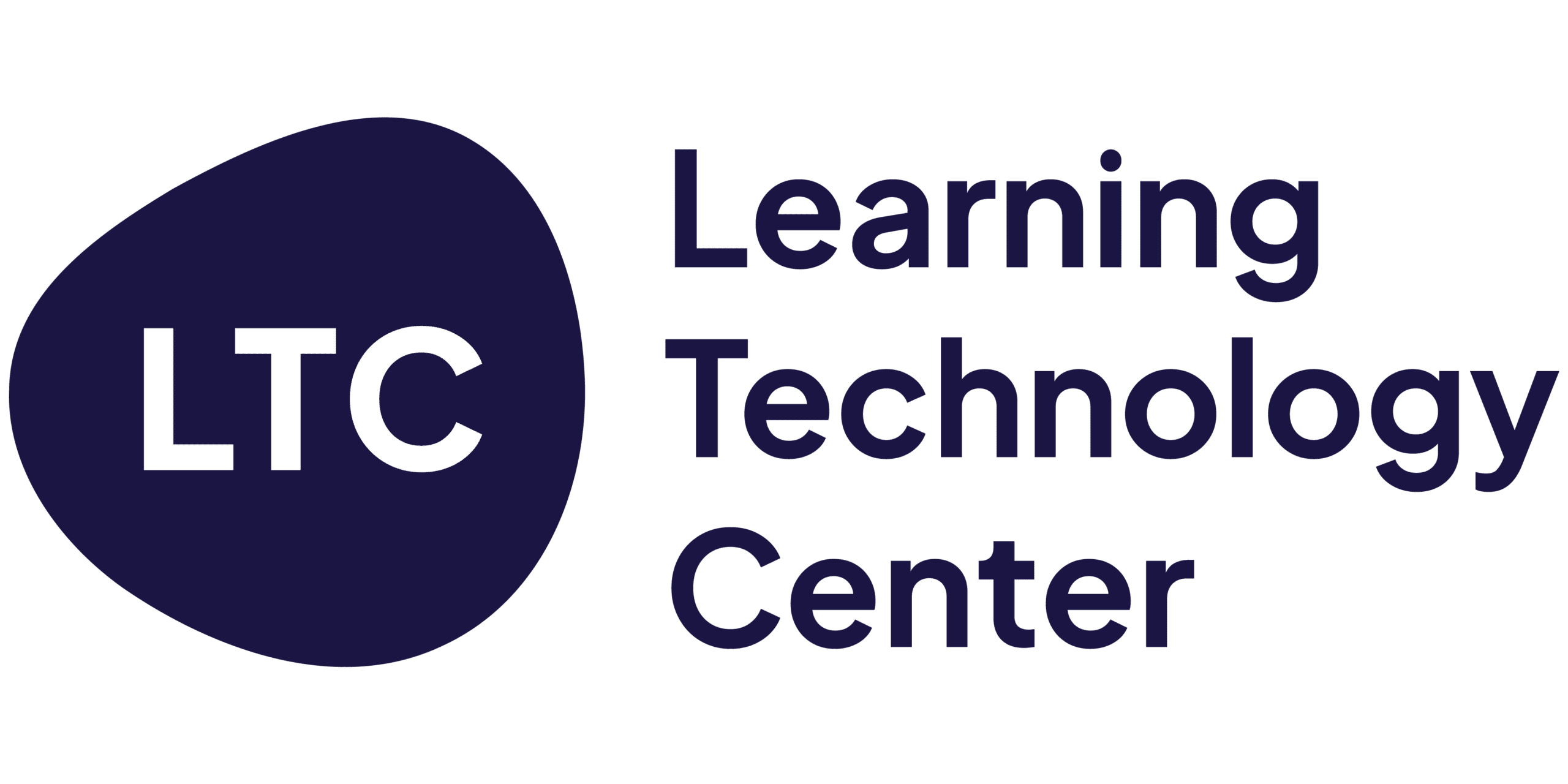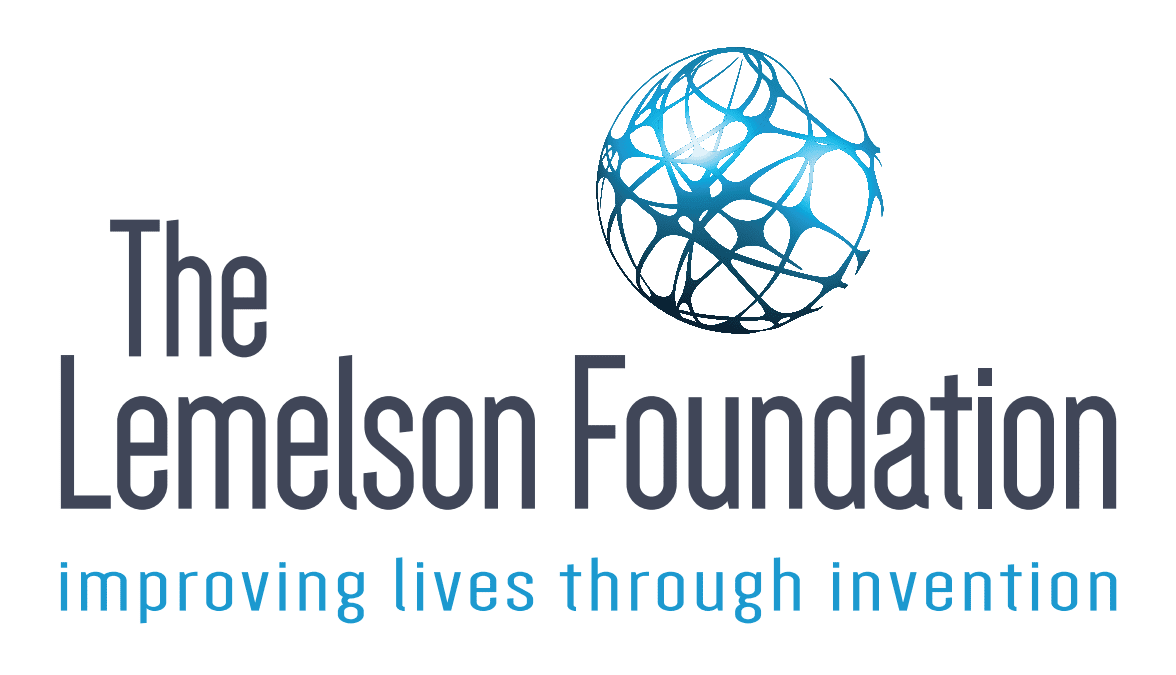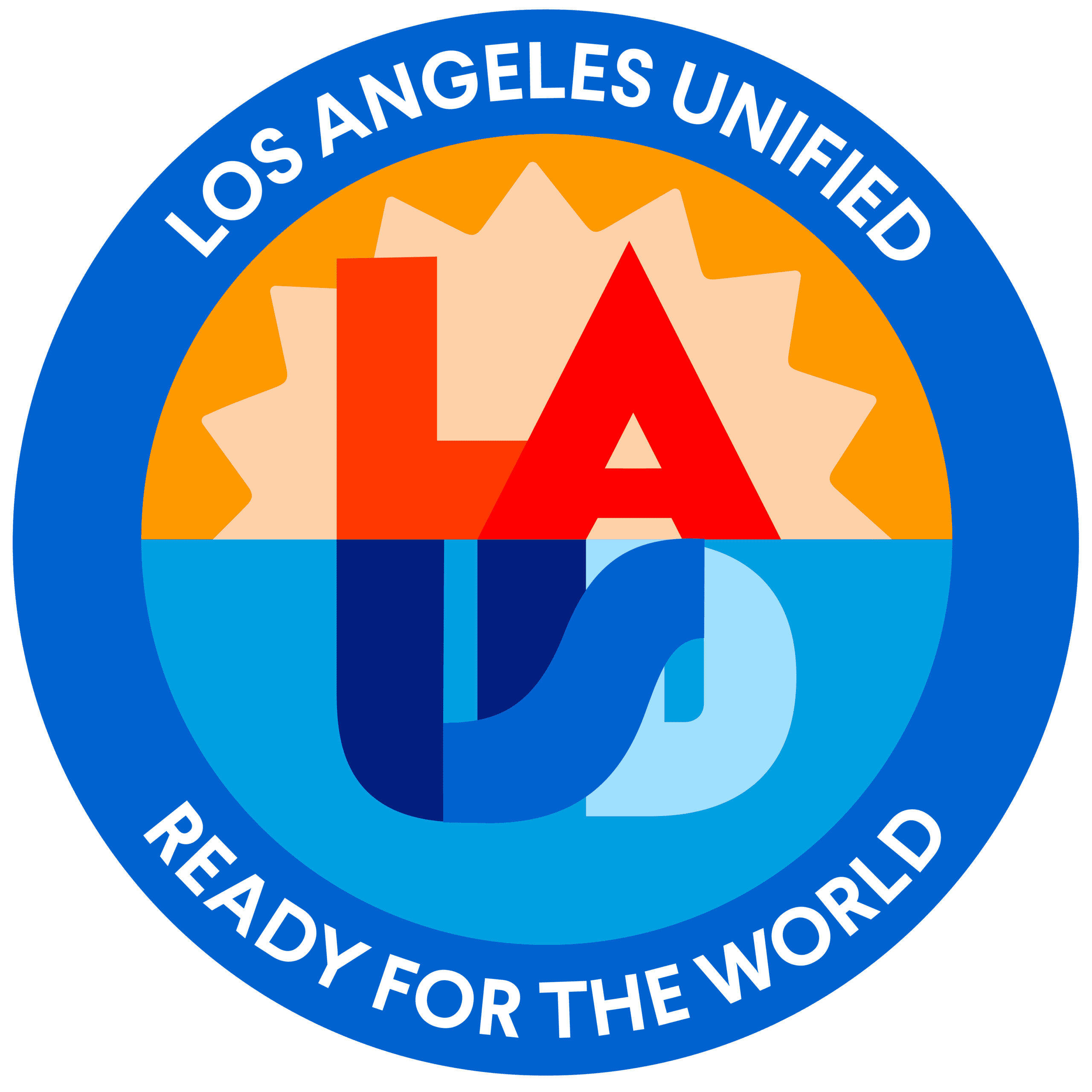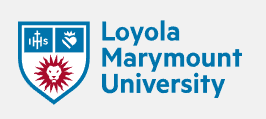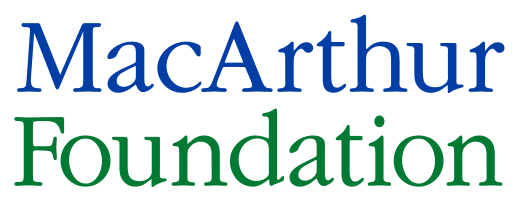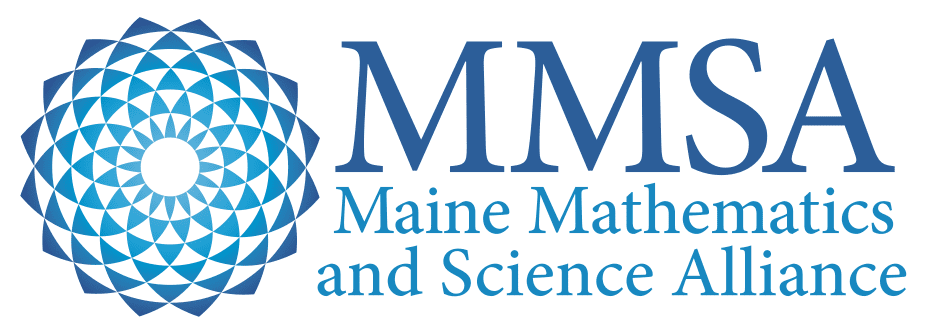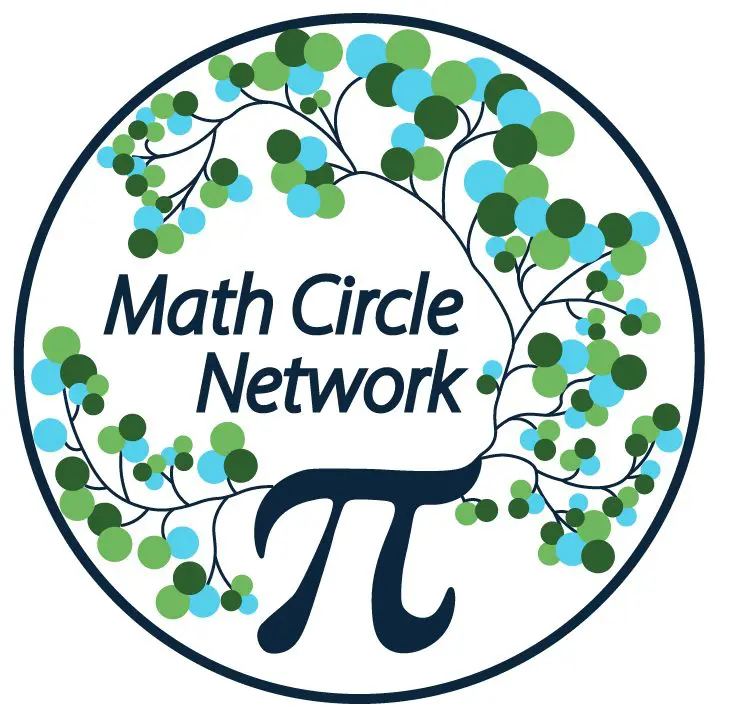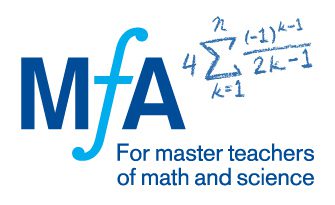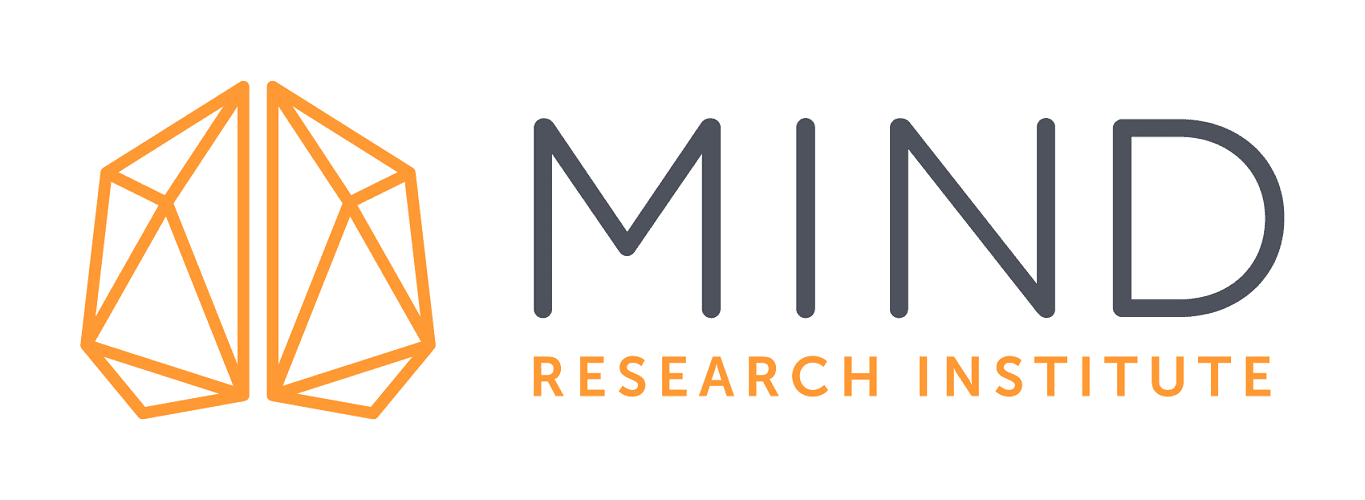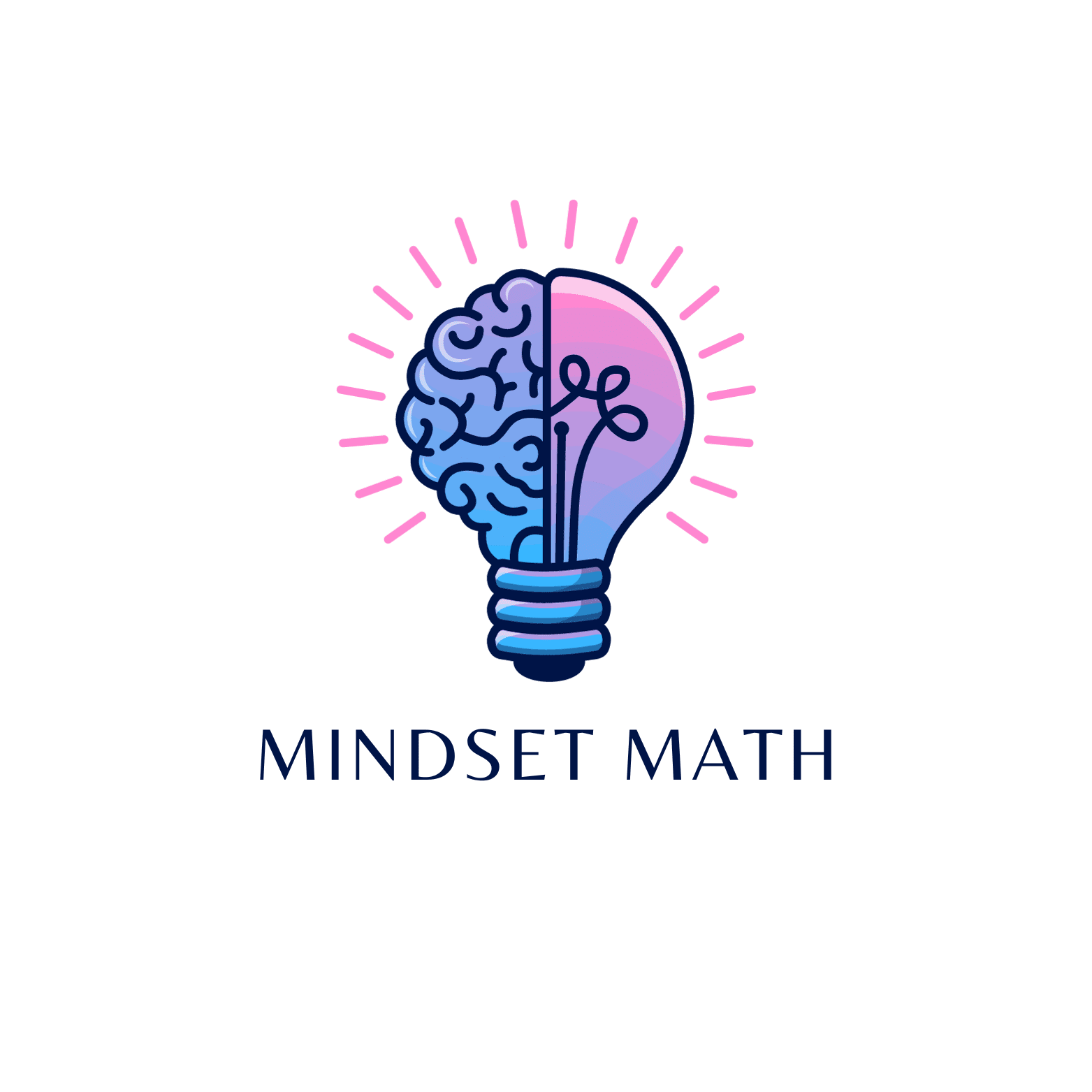Maine Mathematics and Science Alliance - MMSA
Commitment
By 2027, we will support 3,000 formal and informal educators across the U.S. through high-quality and culturally-responsive STEM professional learning. We plan to engage 100 educators from marginalized communities/populations in co-designing these professional learning opportunities that build from an assets-based mindset leveraging the expertise, lived experiences, and equitable power already present. We will develop strategies influenced by culturally-responsive tools that examine both the barriers to high-quality professional learning and access to educators’ perspectives. We will strategically design educator programming and support to address different levels, interests, and entry points.

